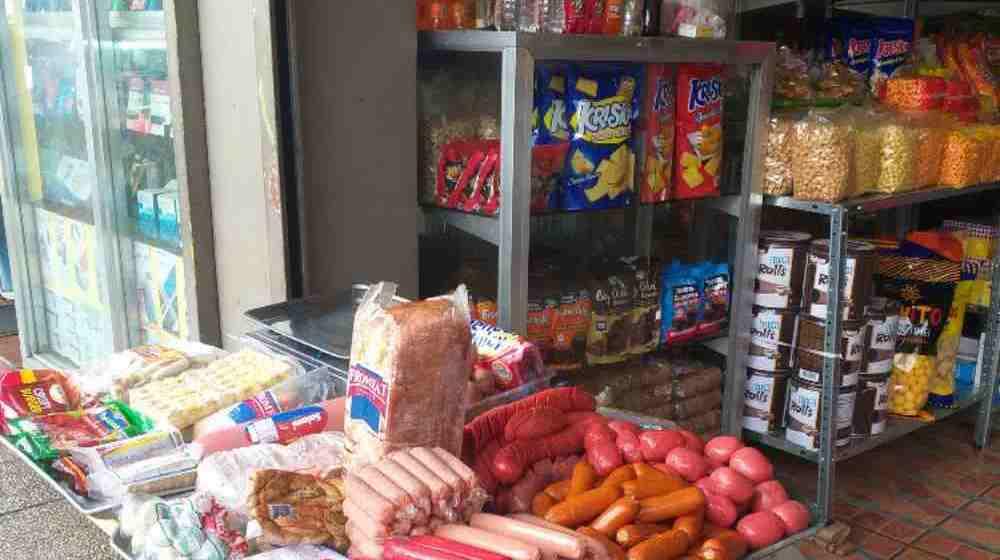Republic of Korea
Donor rankings include UN-to-UN transfers, which are UNFPA's top source of revenue overall.
Effective 1 January 2022, UNFPA adopted a new revenue recognition policy; however, for the purposes of this website, information is presented based on previous policy to allow comparability of information across different years.
Donor Global Statistics
News & Updates
Pagination
News
After 46 years of suffering, fistula survivor finds relief
19 May 2017Statement
Hope, healing, and dignity for all
23 May 2017News
Scaling Up the Humanitarian Response for Syrian Refugees
24 June 2012News
UN calls for intensified efforts to end fistula
23 December 2014Good Practices on Ending the Health and Human Rights Tragedy of Obstetric Fistula
Resource date: 2013
Author: UNFPA
Publisher: UNFPA
Report on the Meeting for the Prevention & Treatment of Obstetric Fistula
Resource date: 2001
Author: UNFPA, Columbia University, FIGO
Publisher: UNFPA
This report reviews the first meeting of international fistula experts in London in July 2001, which launched this initiative and focused on concrete actions to alleviate the suffering of affected women. It is our sincerest hope that together we can work to make fistula as rare in Africa and in all developing countries as it is in the industrialized world. We know that new partners will join us in this worthwhile initiative.


